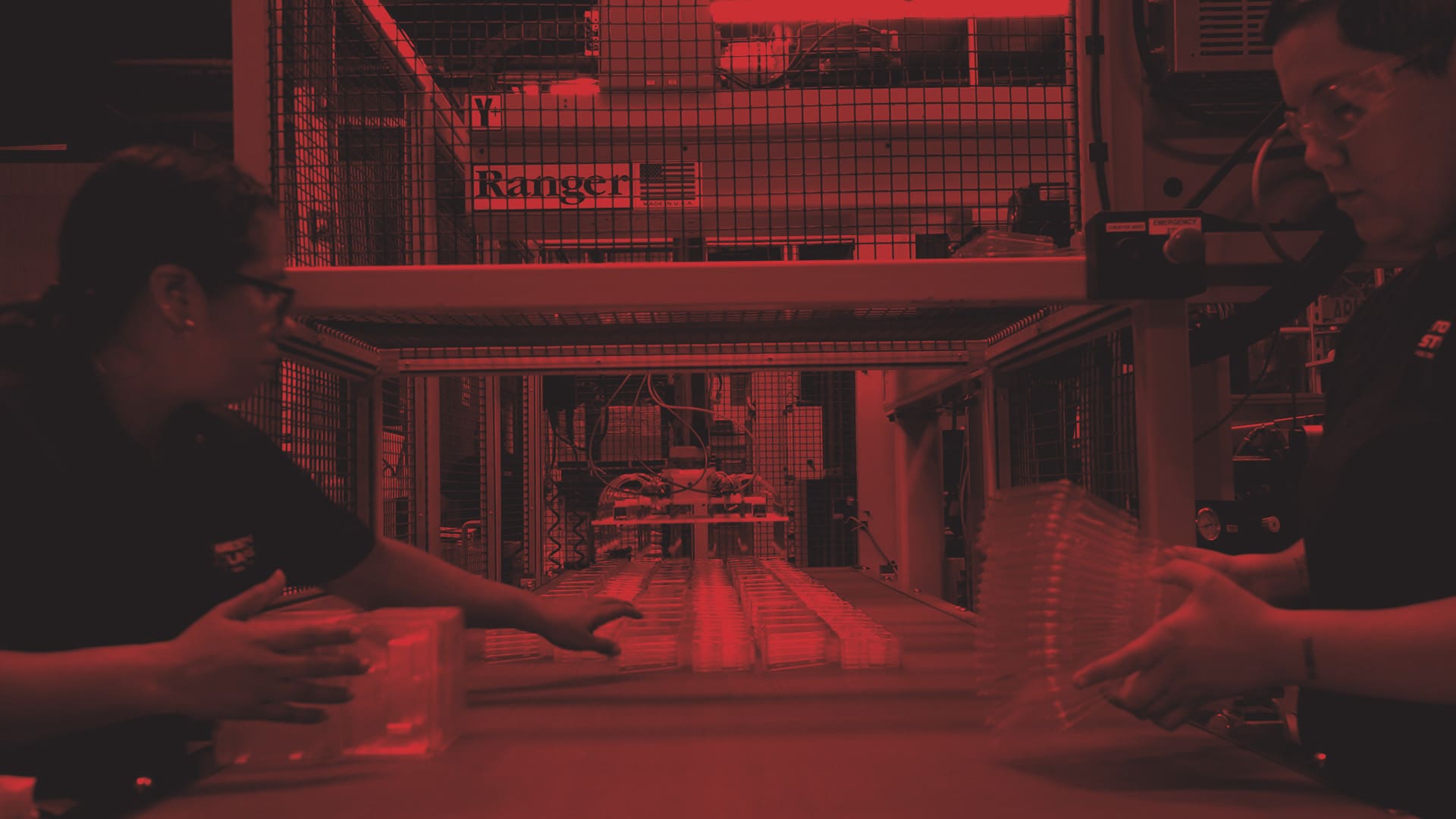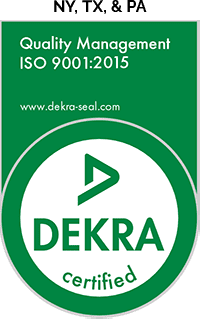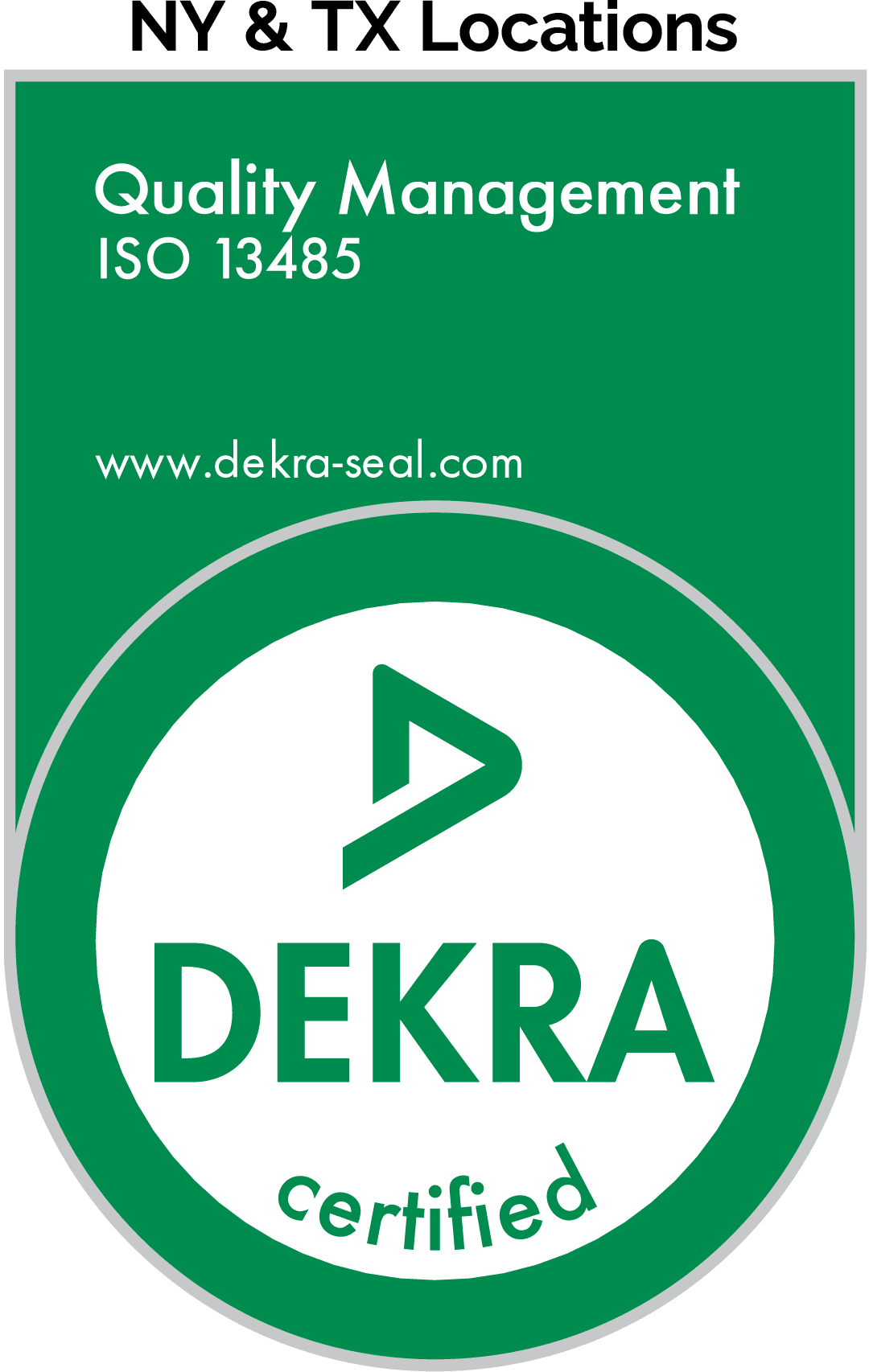1. Exterior and Interior Trim Components
Exterior trim components produced through thermoforming include fenders, hoods, bumpers, spoilers, and decorative applique pieces. They are often preferred over traditional metal or fiberglass parts due to their high strength-to-weight ratio, improving fuel efficiency and performance. Furthermore, thermoforming provides design versatility, enabling the fabrication of complex shaped-exterior parts. Thermoforming also has significant applications in the production of interior trim components. Examples include dashboard panels, door panels, and center consoles. These components deliver weight reduction, improved acoustic properties, and enhanced aesthetics.
2. Vehicle Protection Components
Automotive thermoforming has become essential in producing vehicle protection components such as wind deflectors, mud flaps, and bumper guards. These components safeguard vehicles from harsh outdoor elements and prevent damage from debris, rocks, and other road hazards. For instance, wind deflectors guide wind away from the vehicle, which reduces wind noise and improves fuel efficiency. Meanwhile, mud flaps protect the car from mud, dirt, and other debris that the tires could catch when driving. Finally, bumper guards shield the vehicle’s bumper from scratches, dents, and further damage caused by low-speed crashes or poor parking.
3. Transport and Storage Systems
Thermoforming enables high precision production of transport and storage systems in large quantities, ensuring that the components fit perfectly. These systems include transport dunnage, returnable trays, returnable pallets, and in-vehicle organizing and storage mechanisms. Transport dunnage trays deliver vehicle components safely and efficiently throughout the supply chain. Thermoforming enables the creation of custom-fit trays with maximum protection capabilities, ensuring that the parts arrive in perfect condition. On the other hand, thermoformed returnable trays and pallets are gaining popularity due to their sustainability benefits. Another application is the in-vehicle organizing and storage systems — center consoles and glove boxes — which can be customized to fit various accessories. These include phone and cup holders, providing drivers with a comfortable and convenient driving experience.
4. Packaging Solutions
Automotive thermoforming provides the flexibility to produce custom-fit and aesthetically pleasing packaging solutions with precision and cost-effectiveness. For example, thermoformed packaging blisters and clamshells are extremely durable, secure, and fit snugly around the product. ESD-protected packaging also provides additional protection by preventing electrostatic discharge from damaging sensitive car components.
5. Automotive Assembly and Fixturing Systems
Thermoforming has revolutionized the automotive industry by providing efficient and cost-effective assembly and fixturing systems solutions. Examples include product assembly trays, clamping devices, and light pipes. Product assembly trays and clamping tools are critical components that hold and position vehicle parts, ensuring they are accurately positioned and assembled correctly. Light pipes are another essential component of automotive assemblies. They transmit light from one point to another and are used in various applications, including instrument panels and interior lighting.
6. Subcomponents
The thermoforming process has numerous applications in the automotive industry, including the production of subcomponents. Subcomponents are integral parts of a larger system or assembly, and one common application is the fabrication of air ducts and intake manifolds. Air ducts direct airflow to the engine, while intake manifolds distribute air to the cylinders.
Experience Quality Custom Thermoforming With Jamestown Plastics
Jamestown Plastics offers the best custom thermoforming solutions for all automotive-related requirements! We also specialize in light-gauge and heavy-gauge thermoforming, allowing us to cater to all our customers’ needs. Moreover, our state-of-the-art facilities have robotic automation and other high-performance mechanisms. We value quality, so we retain an ISO 9001:2015 certification, guaranteeing our dedication to providing top-notch products and services. Furthermore, our facilities include ISO Class 7 and ISO Class 8 cleanrooms, ensuring we comply with high cleanliness standards. Contact us today to learn more about our capabilities!





